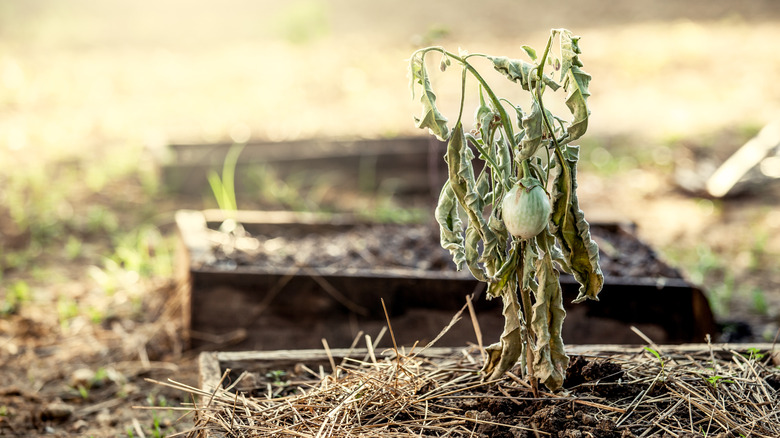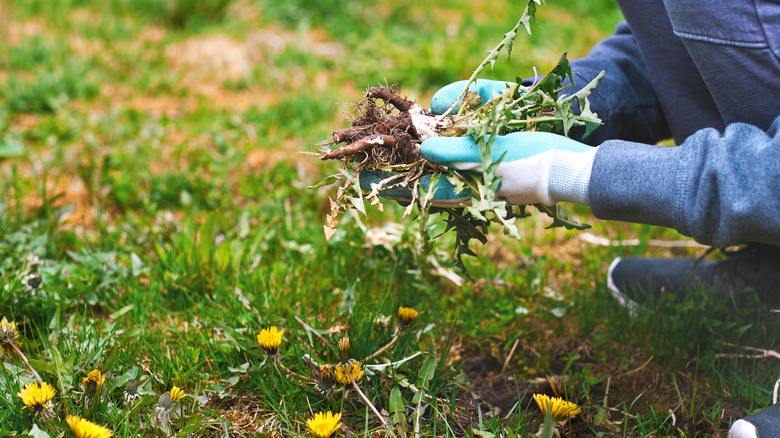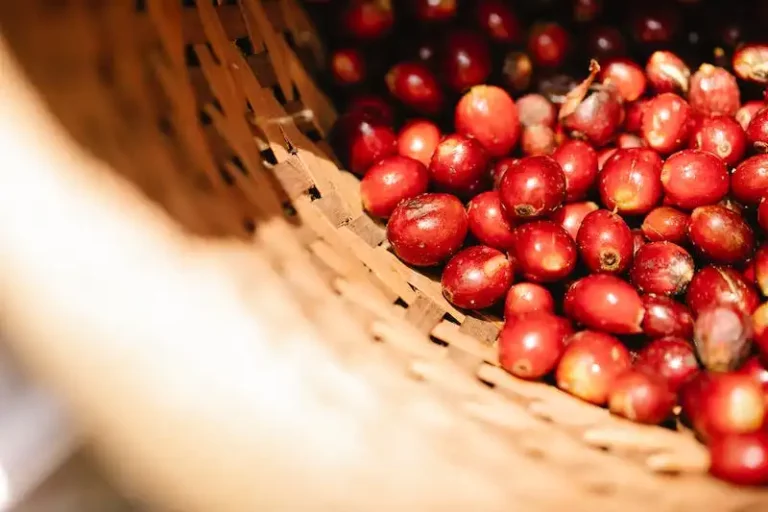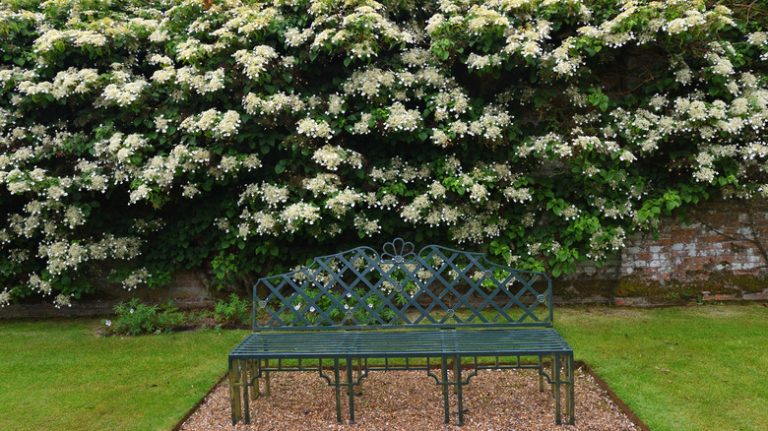Garden
Jenny Lynch
If there was a competition for the most versatile substance found on the shelves of kitchen pantries everywhere, vinegar would be a strong contender for the gold medal. It ranks right up there with baking soda (sodium bicarbonate) as a veritable miracle maker when it comes to natural cleaning around the house and freshening laundry, yet it’s also been shown to get rid of gnats and even eliminate rust and mold. But too much of a good thing is just that … too much. Such is the case when we bring vinegar out to the garden as an herbicide to kill weeds, because all too often we pay little if any attention to the concentration levels of what we’re applying.
Consider the simple fact that any solution capable of killing a plant, naturally or synthetically derived, must be considered toxic. With vinegar, that means even the most useful naturally occurring by-product (acetic acid) can be turned into something that causes more harm than good. Furthermore, vinegar is usually only triumphant against young annual weeds. It’s notoriously bad at effectively killing the roots of perennials or any weeds more than a few weeks old. At the end of the day, it remains true that vinegar kills some weeds, but it’s important to take a closer look at what’s really going on in the dirt.
The downsides of vinegar use in the garden

Sasiistock/Getty Images
The University of Maryland Extension determined a much longer list of cons when using vinegar as a weed killer than it did the pros. For starters, vinegar will not distinguish between good or bad plants; it will damage anything it comes into contact with. This could be particularly detrimental if a breeze carries the spray to nearby plants or if the soil becomes oversaturated. The timing of your application has a very small window for effectiveness, and even then, as mentioned, it’ll only work on immature annuals. Rain will make the whole process even harder and, regardless of how many weeds you have growing and regrowing in the garden, it’s inadvisable to apply vinegar more than twice a month.
On top of vinegar’s ineffectiveness at killing off the weeds you don’t want while damaging the plants you do want, it can also damage equipment by staining or corroding finishes. Finally, there are personal health risks to take into consideration. The acetic acid concentration of household vinegar is 5%, but labeled herbicidal vinegars, which are often relied upon by organic backyard gardeners, can have concentrations as high as 20%. The USDA confirms that concentrations above 11% have been known to cause severe skin burns and eye injuries, including blindness. Altogether, this leads to the question of whether it’s ever worth it to use vinegar on weeds.
Better ways to deal with weeds naturally

VisualArtStudio/Shutterstock
No matter how much we want to depend on chemical sprays and quick fixes to get the time-consuming chore of weeding done, the truth is that nothing will ever beat using our hands. This is simply because weeding by hand is how we effectively pull out entire plants, roots and all, leaving nothing behind to start regrowing as soon as we turn around. Herbicides tend to be minimally effective at best and top-killing just the foliage guarantees fresh new weeds popping up from undisturbed root systems.
Aside from biting the bullet and doing the work by hand, preventative mulching is the next best thing. A 2-inch thick layer of mulch gets rid of weeds by prohibiting seeds from making their way down into the soil. For the seeds and roots that are already in the ground, it prevents sunlight from penetrating down to them so they’re unable to germinate and grow. Garden or landscape fabric works in a similar way to mulch. Both options will allow water to pass through, but you’ll have to cut a hole in the fabric wherever you want to place a plant and refrain from piling mulch too close to the stems and trunks of anything you want to grow.



